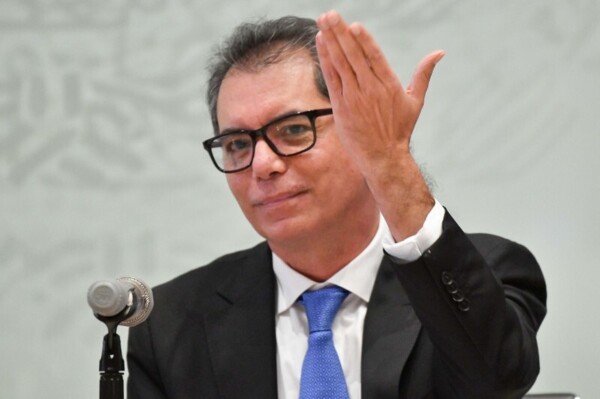
Deputy Emilio Manzanilla Téllez, from the Labor Party (PT), presented an initiative to reform the Federal Penal Code and the General Law on Mobility and Road Safety in order to combat fraud by vehicular collision. This criminal modality, known as "collision staging," has generated 95 reported cases so far this year in the State of Mexico, making it the second highest in the country for the incidence of this crime.
The legislative proposal aims to establish as a crime the intentional provocation of traffic accidents for extortion purposes, thus seeking to strengthen road safety in the country. According to data from the Citizen Council for Security and Justice of Mexico City, between 2020 and July 2023, 67 reports related to this crime have been recorded, a figure that could be higher.
If approved, this conduct would be punished with a sentence of between 4 and 8 years of imprisonment, as well as a fine of 500 to a thousand times the Unit of Measurement and Update (UMA). The legislator emphasized that fraud by vehicular collision not only affects the economy of the victims but also their physical integrity, becoming a growing threat to motorists.
The proposal contemplates that anyone who deliberately provokes a vehicular collision with the aim of obtaining an undue economic benefit and demands money or another compensation would be penalized. Additionally, it is considered to increase the penalties if physical or moral violence is employed, if the act is carried out in a group, if false documents are used, or if a public servant is involved, who would also be disqualified from holding public office for five years.
The deputy stressed the importance of generating a culture of prevention and reporting, as well as the need for awareness and prevention campaigns about this crime in coordination with state and municipal authorities. It is also proposed to implement care protocols for victims, ensuring their safety and access to reporting in adequate conditions.
The initiative, which has been referred to the joint commissions of Justice and Mobility, highlights the alarming growth of this criminal practice, especially in municipalities such as Ecatepec, Tlalnepantla, Naucalpan, Toluca, and Zinacantepec in the State of Mexico, where a concerning number of cases are concentrated, and where many victims do not report due to fear of retaliation.













